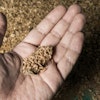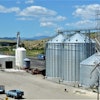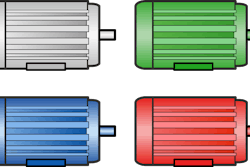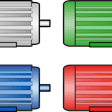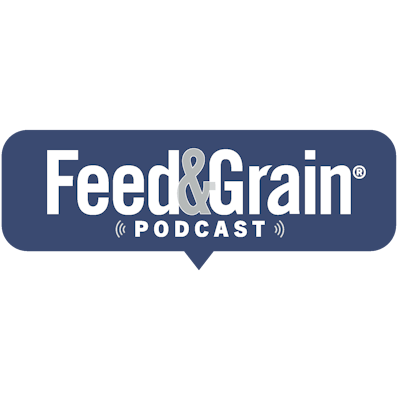
2022 has been a big year for theFeed & Grain Podcast. Since launching in February 2022,Feed & Grainhas produced 16 podcasts with experts across the feed manufacturing and grain handling industries. This has been a year of discovery, finding the podcast’s format schedule and direction, and narrowing in on what listeners want from a podcast covering the industry.
In 2023 we hope to continue to grow and refine the podcast; for that, we need our listener’s help. At the top of every podcast page is a contact link, where listeners can send their thoughts and suggestions directly to the podcast team. We encourage any feedback as we work to make the Feed & Grain Podcast the best it can be. But for now, here are the most listened-to podcast episodes from 2022!
Grain industry challenges for 2022
In the podcast’s first episode, Steven Kilger spoke with Jeff Jones, the vice president of eastern operations withMKC, about the upcoming year and the grain handling industry. Jones is a great guest with loads of experience and insight into the grain industry. He speaks about one of the most significant challenges in grain handling and agribusiness, finding the next generation of workers.
Harvest quality report markets U.S. corn to the globe.
From the first podcast to the newest, in this podcast Kurt Shultz, senior director of global strategies,U.S. Grains Council(USGC), and Reece Cannady, assistant regional director for the Middle East and Europe, USCG, about this year'sAnnual Corn Harvest Quality Report. Marketing the value of U.S. agriculture to the world is challenging. While U.S. grains may not be the cheapest option for many foreign buyers, their high quality and constancy make them attractive. Of course, other countries have to learn about these benefits. Shultz and Cannady talk about how the USGC markets U.S. grains to the rest of the world and why industry participation in these efforts is so meaningful.
The Feed & Grain Podcast covered feed mill automation a few times this year as more and more companies are realizing it may help alleviate some of the challenges the rural labor shortages have caused.Easy Automation's Brady Gaalswyk spoke on the current state of feed mill automation, what mill’s should do when they want to upgrade systems, and how the process does not have to be as intimidating or expensive as it first appears to be.

.jpg?auto=format%2Ccompress&crop=faces&fit=crop&h=48&q=70&w=48)


